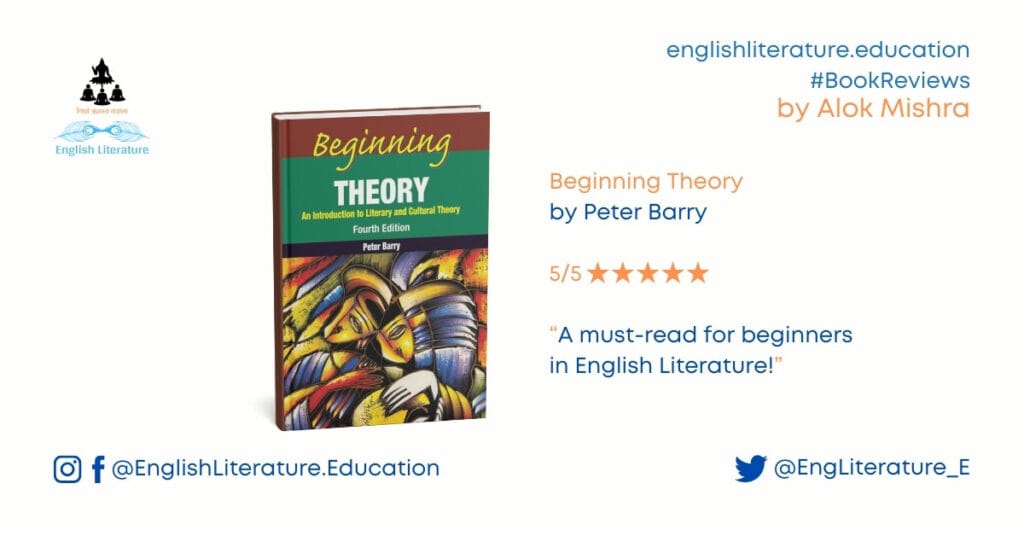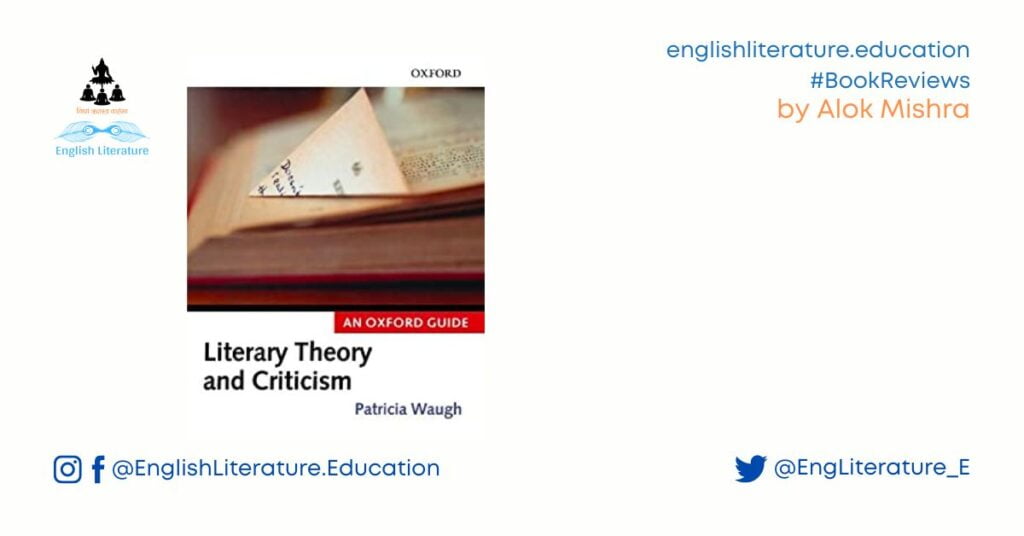Charles Dickens was one of the most-known novelists of England. We all know he had a great command over the use of language and also a great touch of pathos that he used extensively in his works. Today, we are going to discuss Dickens’ novel Hard Times. Before we get deeper into our discussion, let me clarify that Dickens, like on many of you, was also imposed upon me as a classic English novelist and as one of the greatest novelists in the world. However, when I finished my formal study, I analysed his works without any pressure, prejudice, and pre-defined judgements. And I will be producing the reviews of his novels one by one on this channel.
Hard Times was published in 1854. With its publication in a serialised form, Dickens not only reignited the sales of his weekly magazine but also delivered a good novel. Nevertheless, as the critics point out, Hard Times was certainly a novel which was written almost in a haste and did not contain the usual mastery of Dickens. Though the novel is complete in itself, it largely relies on sentiments and pathos. The theme is usual that Charles Dickens used in most of his novels. The plot is also not very versatile and things become predictable as the story progresses.
As a reader, you feel pity for a few characters and disdain for some of them. In fact, if we analyse critically, there are two apparent set of characters that Dickens has developed in his novel, Hard Times. The first set contains the characters who are created with liberal ideas and abundance of human emotions and human values. On the other hand, there are characters who only value their ambition – come it at any cost. Louisa, Sissy and Stephen are in the first set while Tom, Mr M’Choakumchild, and Bounderby are the characters who represent the rigid, the insane and the rapidly growing side of Victorian life which is full of ambition, get-at-any-cost and a detest for human sentiments. We can argue that Mr Gradgrind is not a flat character and with his conversion into a human being at the end, we might see it as Dickens’ distant dream of human values coming back to default some day.
While we are discussing the critical aspects of Hard Times, let’s be candid, only having critical elements in any novel does not make it a fantastic piece of fiction. We need to have a holding plot, twisting tale and a few tats and bats here and there and we also demand all these elements to hold together until the end so that our interest remains intact. Does Hard Times have all that? Well, this is supposed to be a classic because it has been written by Dickens. And to an extent, the novel does uphold the tag which has been ascribed to it. It’s not that long; it’s not boring; it does arouse a pageturner’s urge and it does have a good story to offer. Nevertheless, for the contemporary readers who do not have anything to do with literature or anything literary in that sense, there is not very much in the novel. It’s a good beginning for those readers who want to explore the world of serious fiction. If you are too much a reader of the modern fiction with spicy ingredients and thrilling motivation, Hard Times might disappoint you!
article by a book reviewer for English Literature Education




1 Comment. Leave new
uh hu h do